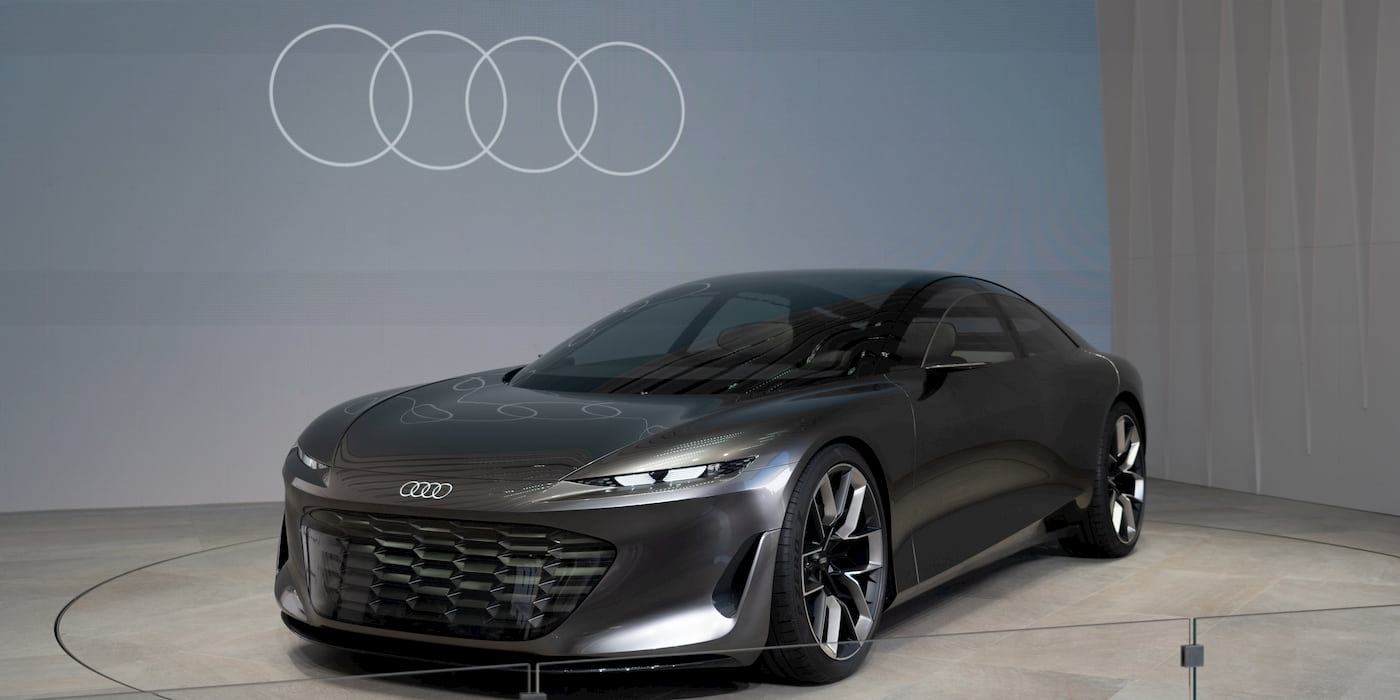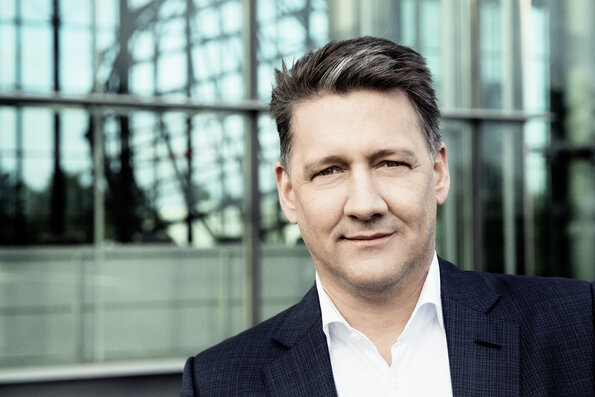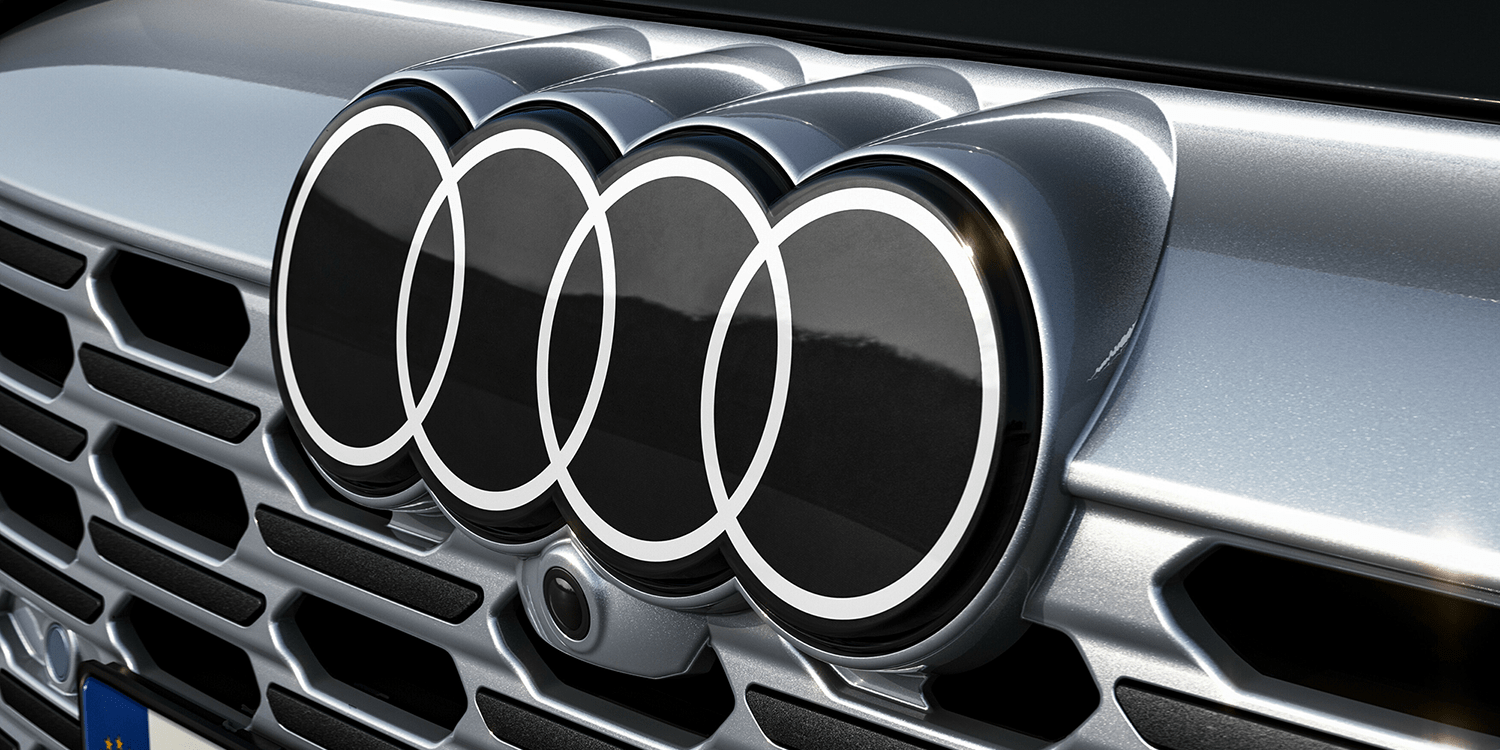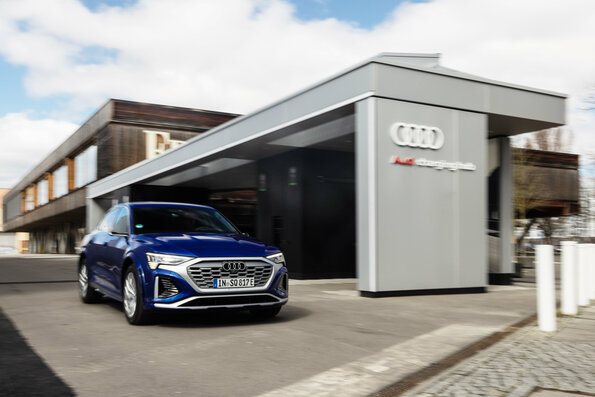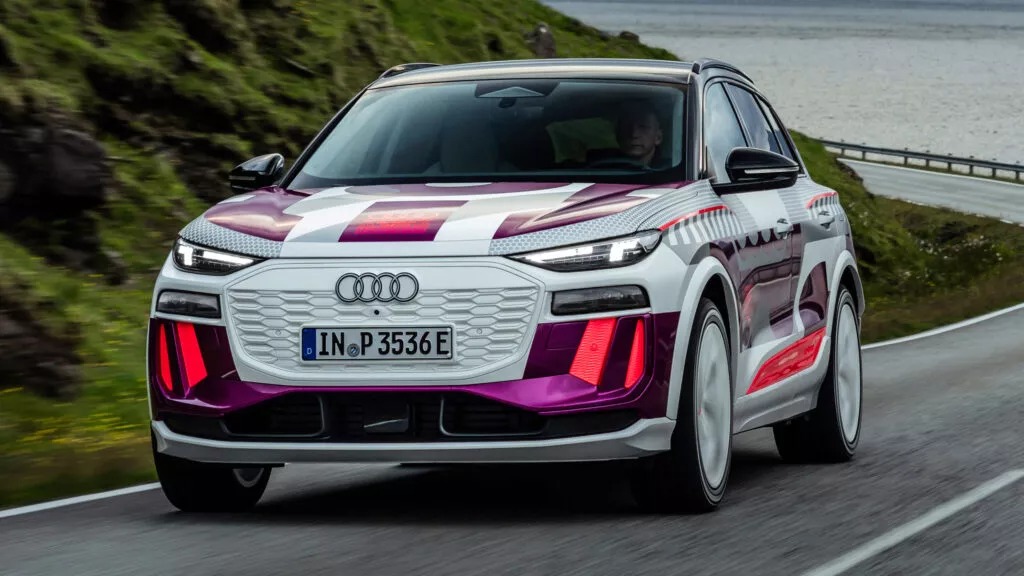During Audi’s Capital Markets Day, Volkswagen Group CEO Oliver Blume acknowledged that the luxury brand has been trailing behind its competitors, attributing the lag to software-related issues. To remedy the situation, the automaker has committed to expediting the development of battery-electric vehicles (BEVs) for Audi.
Blume’s comments on Wednesday shed light on Audi’s position within the industry. He stated, “We have faced severe software problems that delayed the launch of exciting electric products,” as reported by Automotive News Europe.
See also: Audi Sells 81,894 electric vehicles last year, increase 57.5% year on year
The software challenges within the VW Group have not been a well-kept secret. Last year, two reports emerged, exposing the technical difficulties faced by the software division responsible for developing code for the group’s upcoming generation of electric vehicles. These setbacks may have contributed to delays in Audi, Porsche, and Bentley’s product releases. In fact, a report in November even speculated that the Trinity, a highly anticipated electric vehicle, might not launch until 2030 due to software issues.
Blume also expressed concerns about Audi’s competitive standing in China, a market upon which the entire VW Group heavily relies. Audi’s sales figures for Q1 2023 indicated a 16 percent decline compared to the previous year, reflecting the challenges faced by numerous global automakers struggling to maintain market share in China over the past few years.
However, despite its current setbacks, Audi is fully committed to reversing the situation. The luxury brand has announced plans to unveil the Q6 E-Tron next year, featuring the long-awaited 1.2 software and utilizing the Premium Platform Electric (PPE) architecture developed by VW Group, which also underpins the new Porsche Macan EV. Additionally, Audi is set to introduce the Scalable Systems Platform (SSP) architecture in a timely manner, commencing from 2026.
See also: Audi will expand charging hub concept after success of initial pilot phase
Anticipation surrounds the forthcoming electric Q6, which is expected to be unveiled before the year concludes. Audi has already begun teasing the model, which could potentially deliver up to 600 horsepower in its high-performance RS variant. The automaker aims to leverage the potential of its sport-oriented models under the RS sub-brand. Blume affirmed that the company is actively planning to offer an impressive lineup of high-performance BEVs as part of its accelerated development strategy.
As Audi steers toward an electric future, its current trailing position is cause for concern. The luxury brand has set a target to launch its final internal combustion engine (ICE) vehicle in 2025, with all subsequent models introduced from 2026 onwards being exclusively electric. By 2033, Audi plans to cease global production of gasoline and diesel vehicles, though it may continue manufacturing combustion engines for China depending on market demand. The brand’s future vehicle designs will also embrace a more eco-friendly and less aggressive approach.

